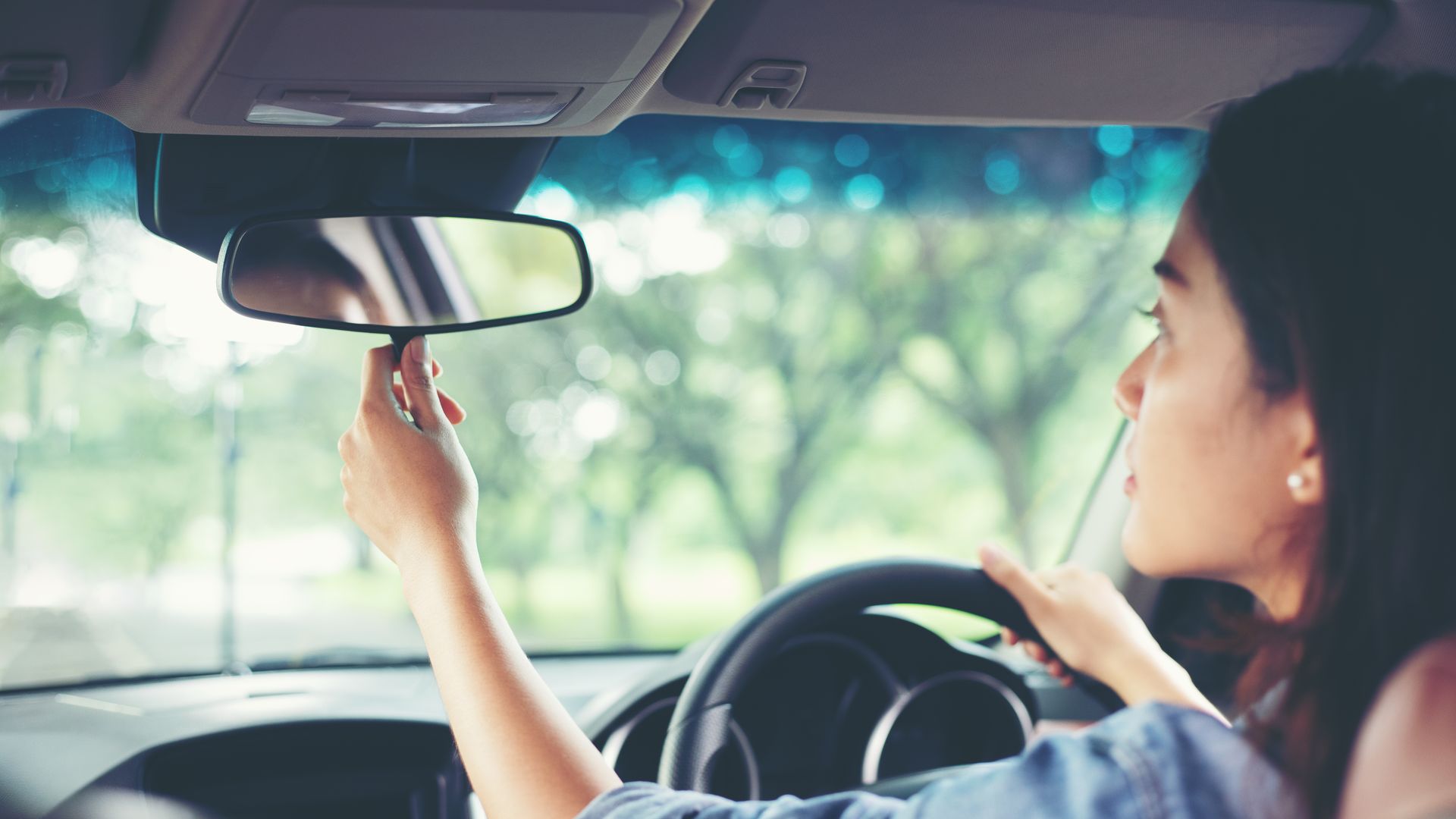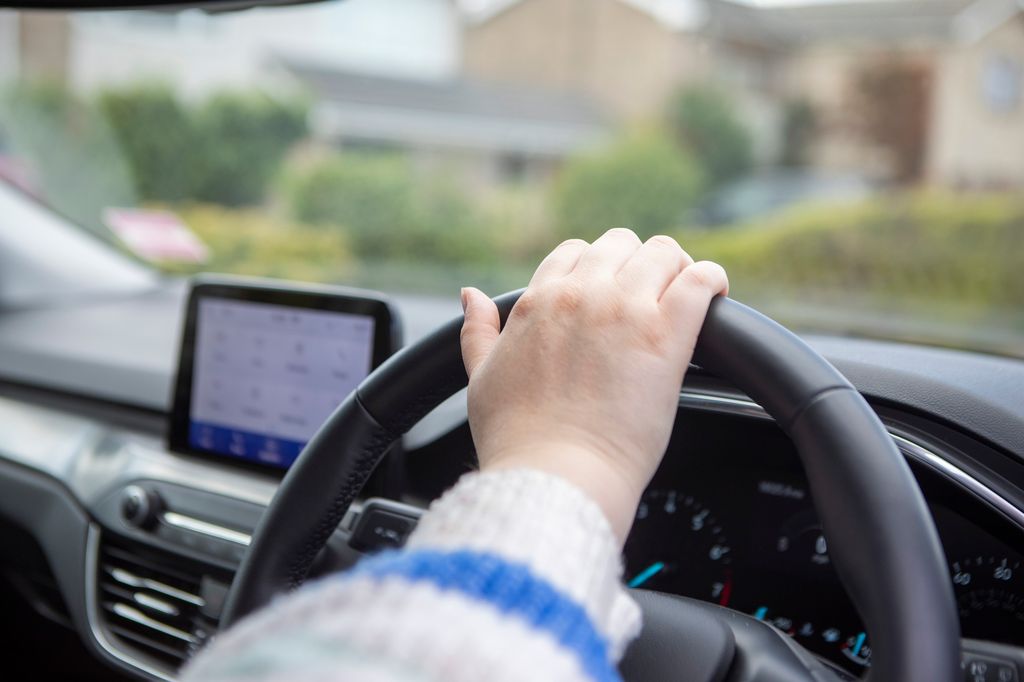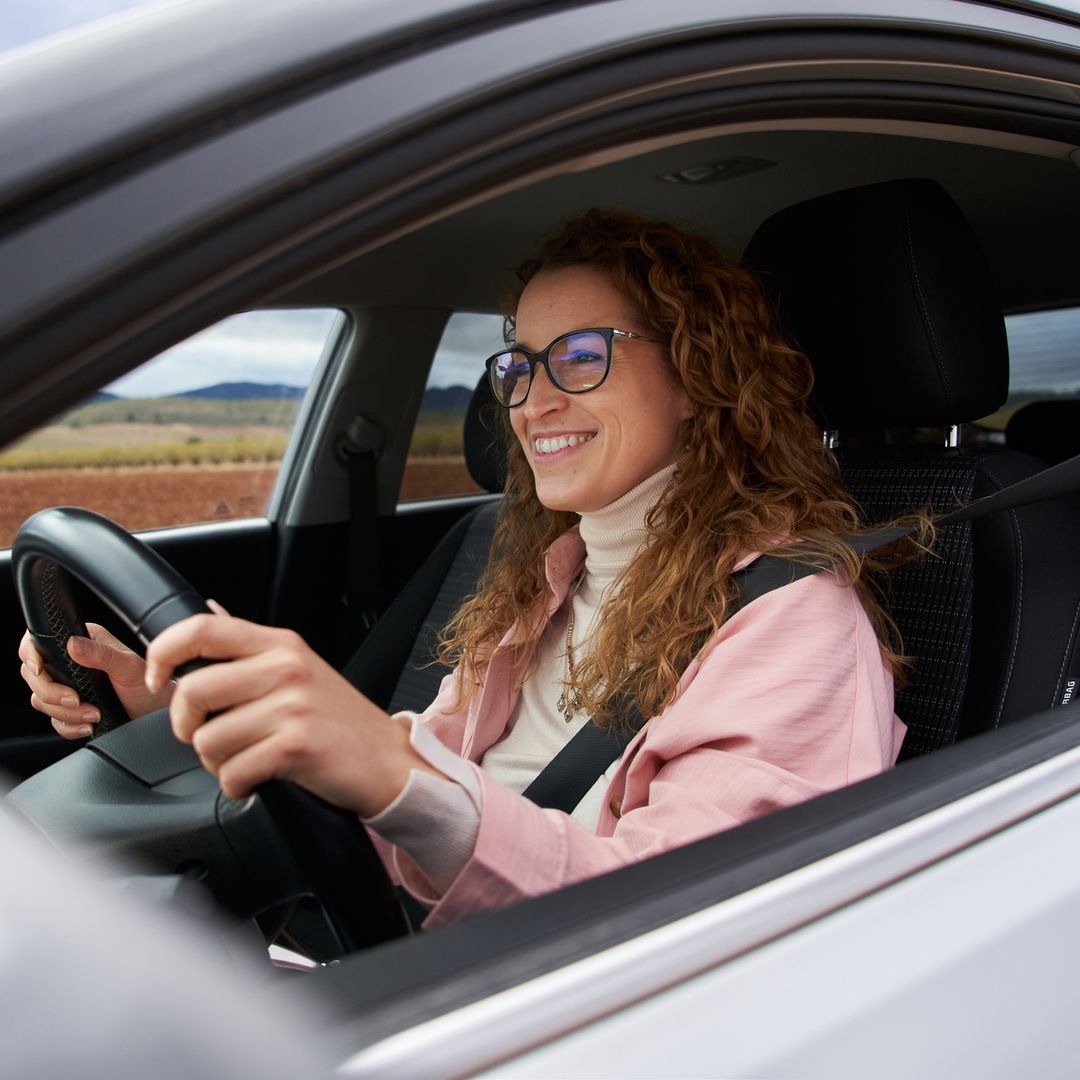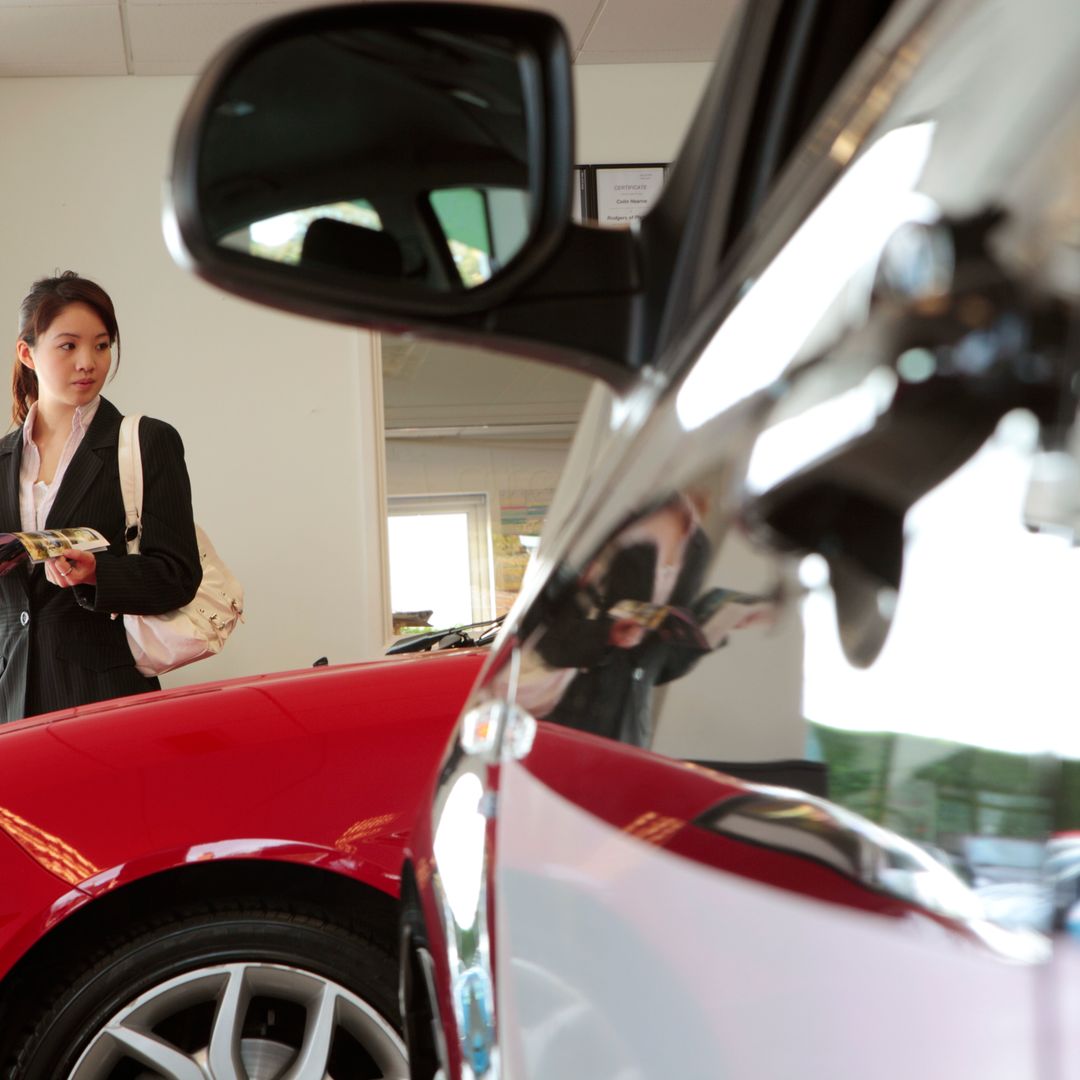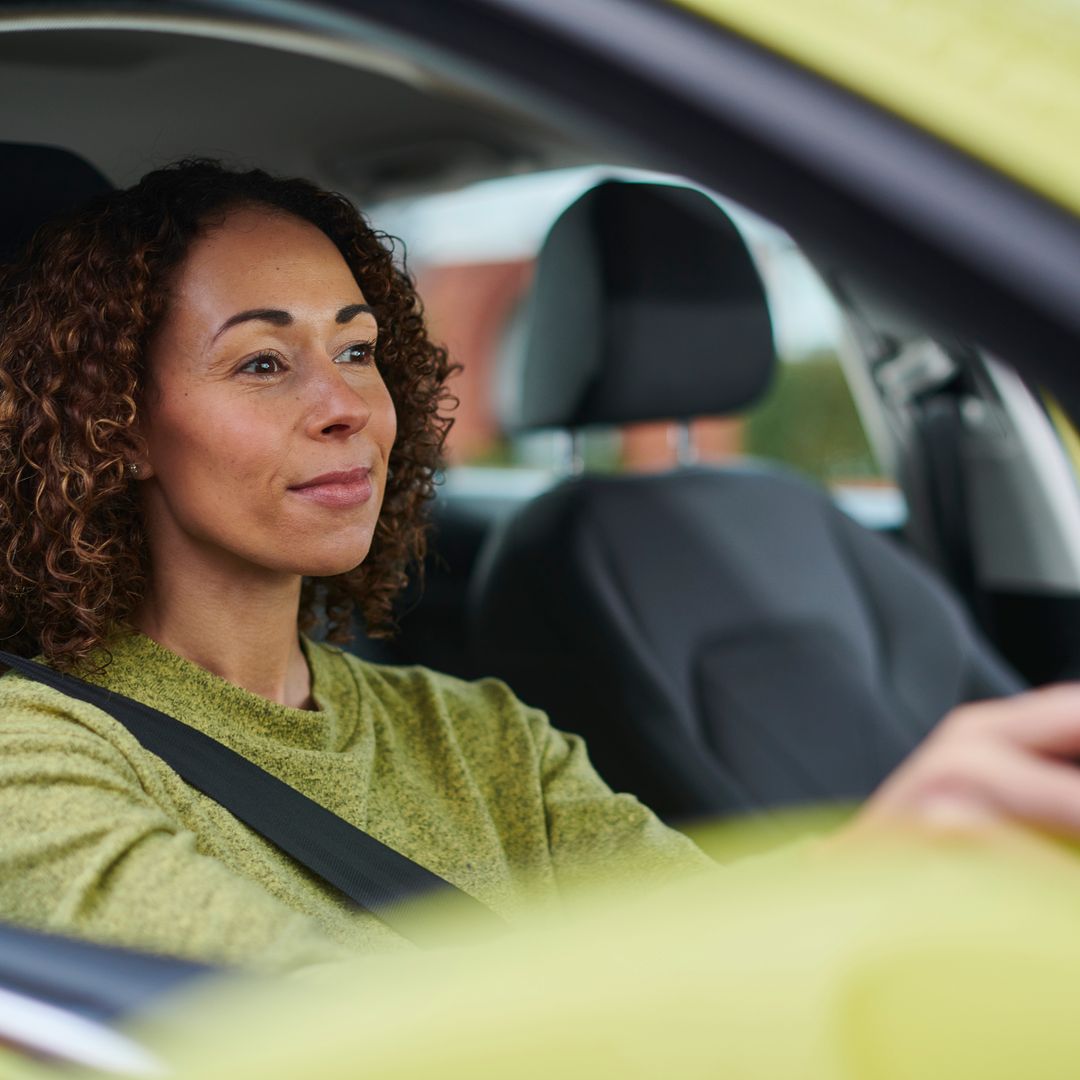Imagine you're driving along at the correct speed for the road and conditions, and you glimpse a car in your rearview mirror, way too close to your rear bumper for comfort. Your heart sinks as you realise you're being tailgated, which in my opinion is one of the most dangerous and annoying driving behaviours we face on our roads.
It's definitely my pet hate. I often wonder what motivates the tailgater. What do they hope to achieve? That the motorist in front will go faster to appease them, putting their and other people's safety at risk, as well as running the risk of points on their licence? That they will pull over, and stop impeding their all-important progress?
That might happen, but the very fact that they are so close means it can be tricky for the other driver to manoeuvre out of their way. All tailgating creates is a stressful situation for all concerned. Most people hate being tailgated as they're understandably worried about a rear-end collision, especially if they're vulnerable, elderly or have children in the car. And surely it must be stressful for the tailgater themselves, as if the vehicle in front needs to brake they will probably drive into the back of them. Even if serious injury is avoided, they are very likely to be judged at fault by the insurance companies, and will find their future premiums increase.
In March 2024, National Highways England launched a new campaign urging middle lane hoggers and tailgaters to reconsider their habits. Tailgating falls under the offence of careless driving, and police officers have the power to hand out on-the-spot fines of £100 and three penalty points.
Six tips to help you overcome tailgating trauma
1. Try to say calm
It can be difficult to control your emotions when you're being tailgated but try and stay as calm as possible. Definitely avoid getting angry with the tailgater and attempting to 'retaliate' by decreasing your speed even further. There are bumper stickers that proclaim, 'the closer you get, the slower I'll drive', but you need to avoid that attitude – it will only antagonise the tailgater and prompt road rage.
2. Don't become hypnotised by your rear-view mirror
When you sense an aggressive driver close behind you, it's easy to become far too concerned about what they are doing. But if you're giving them too much attention, you're not giving enough to the road ahead. Stay balanced and don't over-focus on them.
3. Concentrate on your own safety and that of your passengers
Accept that you can't control what's behind you, but you can control what's in front. Aim to gradually increase the gap between you and the car in front of you if possible. Then you'll have more time to brake if that car stops suddenly and you'll be less likely to be rear-ended by the following car.
4. Don't be bullied into going faster
The tailgater wants you to increase your speed, but if you do you're even more at risk as you're going faster and hence have less control. Also, you could be spotted by a speed camera and get points on your licence. And even if you do speed up, the tailgater will just speed up themselves, so you'll still have them at your rear bumper.
5. Let them go on their way
If possible, let the other driver overtake you. Or pull over and let them pass – that can be tricky when they are driving so close behind you, so indicate well in advance and only complete the manoeuvre if it is safe to do so.
RELATED: How to feel more confident when buying a car
6. Buy the safest car you can afford
Car safety has improved significantly in recent years and newer makes and models have better occupant protection. Since 1997 the European New Car Assessment Programme (Euro NCAP) has been assessing new cars for safety and security, using a star system that consumers can use as a guide. The popular Nissan Quashqai and electric hatchback BYD Dolphin are examples of cars where the structure is designed to provide high quality protection for both drivers and passengers in the event of a collision.
